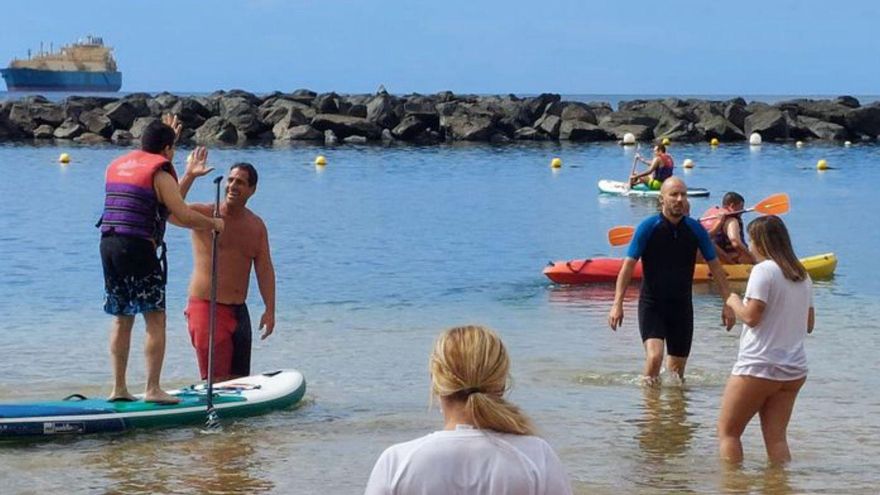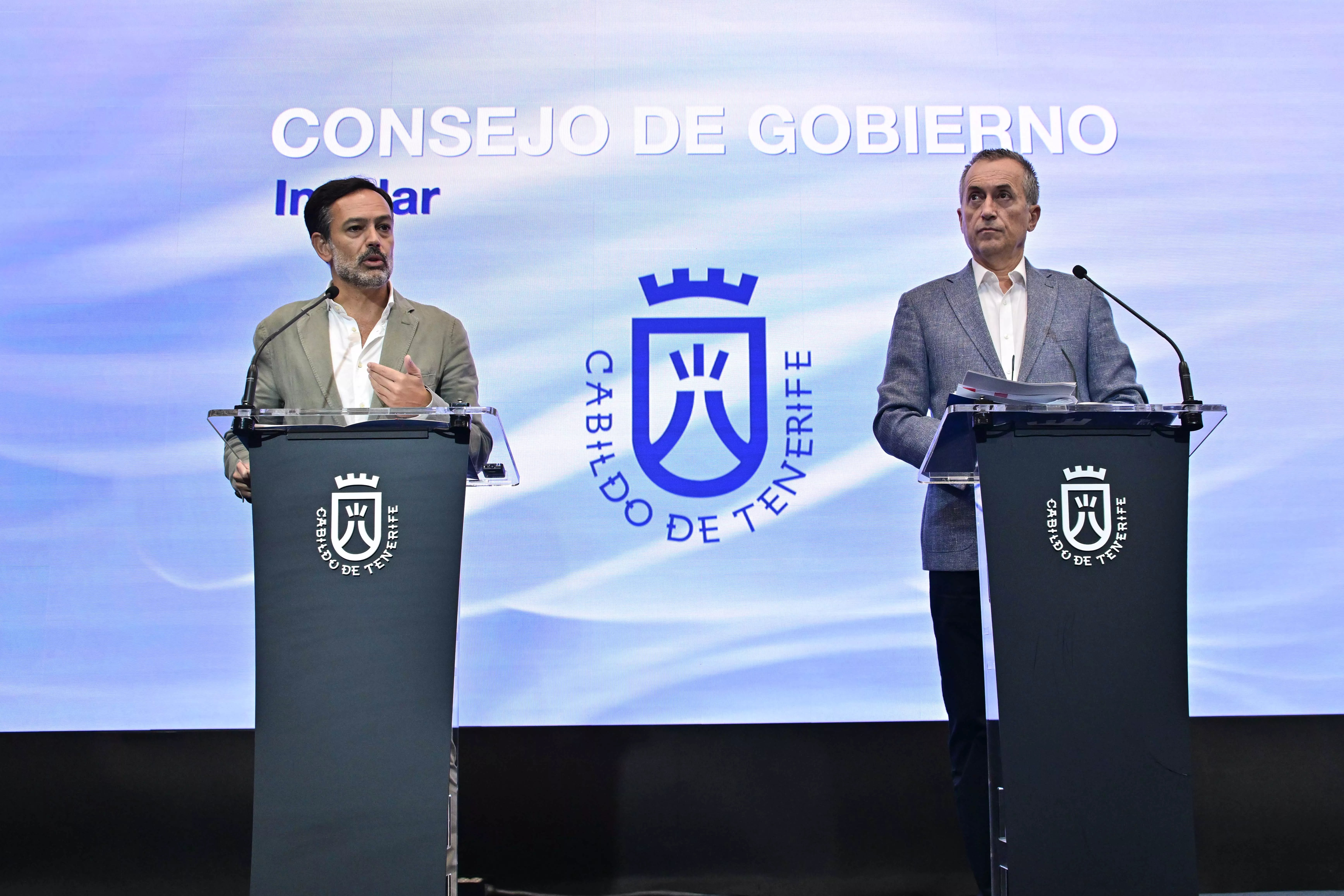
The Sports Physical Activity Plan for Social Inclusion (PADIS) proposes expanding the Cabildo’s offer of adapted sports “to all the municipalities of the Island” with the teaching of a group of monitors trained expressly and in parallel at the University of La Laguna (ULL) to develop their task.
eighty activities for inclusion through adapted sport for six months, from December to May, in six municipalities. It is the meaning and objective of the I Sports Physical Activity Plan for Social Inclusion (PADIS) of the council. The island councilor for Sports, Concepción Rivero, considers the development of the strategy of involving the town councils in the normalization of the initiative to be “very positive”. Its incorporation is one of the main novelties together with the training of monitors. The objective is to advance in the participation of people with disabilities in sports.
Rivero highlights a tool that promotes progressive transformation in the way of understanding inclusion from the practice of physical activity. “The main objective of PADIS, she points out, is to gradually achieve the joint participation of citizens with and without disabilities in sport to help improve their physical, mental and social health,” the counselor highlights.
Concepción Rivero considers the involvement of the municipalities to be “fundamental” to achieve this “proximity” offer that also benefits those who are not linked to a care center.
The PADIS tries to promote habits of continued practice throughout life, as a tool for improving physical, mental and social health. Collect proposals related to improve the context of physical-sports activity (AFD) for people with disabilities in Tenerife. With the guarantee of exercising this right without exception and collaborating on the path towards an inclusive and respectful society with diversity.
The scope of action is both collective and individual. It covers the different healthcare and educational centers as well as those who want to sign up.
Four basic pillars
PADIS is based on four pillars. In the first place, sports activities carried out outside the centers integrated in the project. Secondly, those carried out in them and carried out by people with a high disability. Also the training program to update skills and, finally, a study on disability in each municipality that serves as the basis for designing an adapted and inclusive local sports offer.
The Plan began its activities last December to mobilize until the end of this month of May to 1,000 people from 47 centers on the Island in 80 sports days. Twenty monitors attend the activities with a maximum quota of 100 athletes for each one. They take place in facilities distributed throughout the island. From the CIAT in Tíncer, in the capital of Tenerife, to the Quiquirá Pavilion in La Orotava, passing through the Las Torres Complex in Adeje, Los Cristianos beach (Arona) or the La Club Náutico Gallery of Candelaria. The closure is scheduled, in the absence of confirmation, for the next day 24 with the Santiago Martin Pavilion of La Laguna as a stage for the gala.
The first edition of the plan, launched through the public company Ideco with a budget of 231,000 euroshas 11 sports modalities, including Latin aerobics, paddle surfing, yoga, athletics, basketball, hockey, swimming, soccer, indoor soccer, alternative sports and Canarian ball.
Counselor Rivero insists on the idea of «bring inclusive sport to everything Tenerife because the offer has so far been very focused on the Metropolitan Area”. But covering the entire island, he explains, “only with the umbrella of the Cabildo is not possible.” Hence the necessary involvement of the 31 municipalities and groups such as associations, day centers, classrooms in code, etc.
The design of previous mandates in the Cabildo, the Tenerife Adapted and Inclusive Sports Plan (PIDA), in force for four editions «covered a short period of activities and did not respond to the needs of the whole year. That is why we want to train and that they are taught later in all the municipalities, ”says Rivero.
In parallel to physical activity, the other pillar of the plan is the training of those in charge of applying it. behold a continuous training in inclusive sports practices endorsed by the University of La Laguna and addressed both to monitors and managers of the centers included in the program and to municipal technicians.
The ULL, through its Department of Specific Didactics, has scheduled a 110-hour course on physical-sports activities in the context of social inclusion. It began at the end of April and will run until June 18 both online and in person.
Some of the contents that will be addressed during this training have to do with attention to diversity in the sports field, the different methodological strategies and intervention in physical activities and social inclusion of people with intellectual, sensory (visual and auditory) disabilities and motorized or with mental health disorders. It will be completed by the practical workshops throughout the course.
















